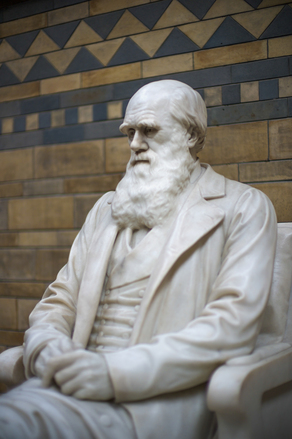Kindly consider this: 2+2.
I can bet
what comes to your mind. Four right?
Question:
Did you think before the number [four] came to mind? No, I guess. Guess what?:
that’s your unconscious in action and Nobel prize winner Daniel Kahnemen refer
to this as the system 1 (fast thinking).
However,
if I ask you to consider this: 754*53. You probably know how to handle this but
you have to go through your systems 2 (slow thinking) and dish me the answer.
If there
is anything I learnt from Blink by Malcom Gladwell, it’s the ability to trust
my instinctive judgement better. Some people tend to trust their conscious
decision and are completely uneasy with the system 1, it turns out that there
are several occasions where the unconscious judgement is far superior to the
rational judgement.
Have you
ever spotted a lady (or a guy) and the within a split second you knew “she (he)
was just right” Have you considered why? When we meet someone, we don’t run
through the list of desired qualities [our conscious mind comes up with], on
the other hand, the system 1 takes over. In fact, a body of research has shown
that – for the most part – It turns out that: “our conscious explanations
regarding our ideal romantic partner have very little connection to whom we
really end up liking”.
Or the
story of a firefighter who ‘felt’ something was wrong and told his co-workers
to evacuate the building. The next minute the whole building collapsed. He
couldn’t give any reason when he made that decision (thanks to system 1!) only
to invent rational explanations for the decision later: he gave some weird
description of the dynamics of the fire that wasn’t just right.
It seems
the unconscious come to our aid when we don’t have luxury of time (and vice
versa)
Also,
our impressions are generated by our experiences and of course – social
learning.
You are
probably not a firefighter. If you assume the position of the firefighter
above, how will you have fared? Probably, pretty bad. Why? Your unconscious
wouldn’t be able to help, because your repository of experience as a
firefighter is completely void.
...
So which
is the best? I do think, for the most part, the ideal
best-decison-maker-in-the-world will not exclude the intuitive judgement nor
its rational counterpart. Afterall “It takes two to tango”






